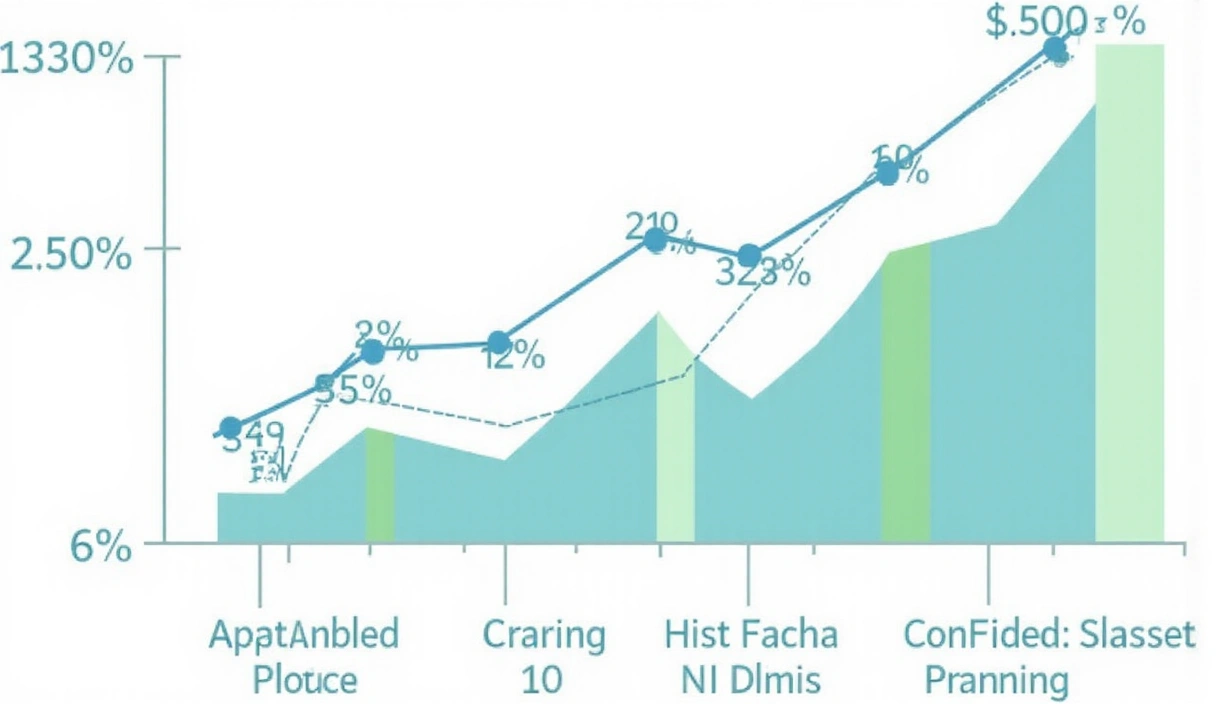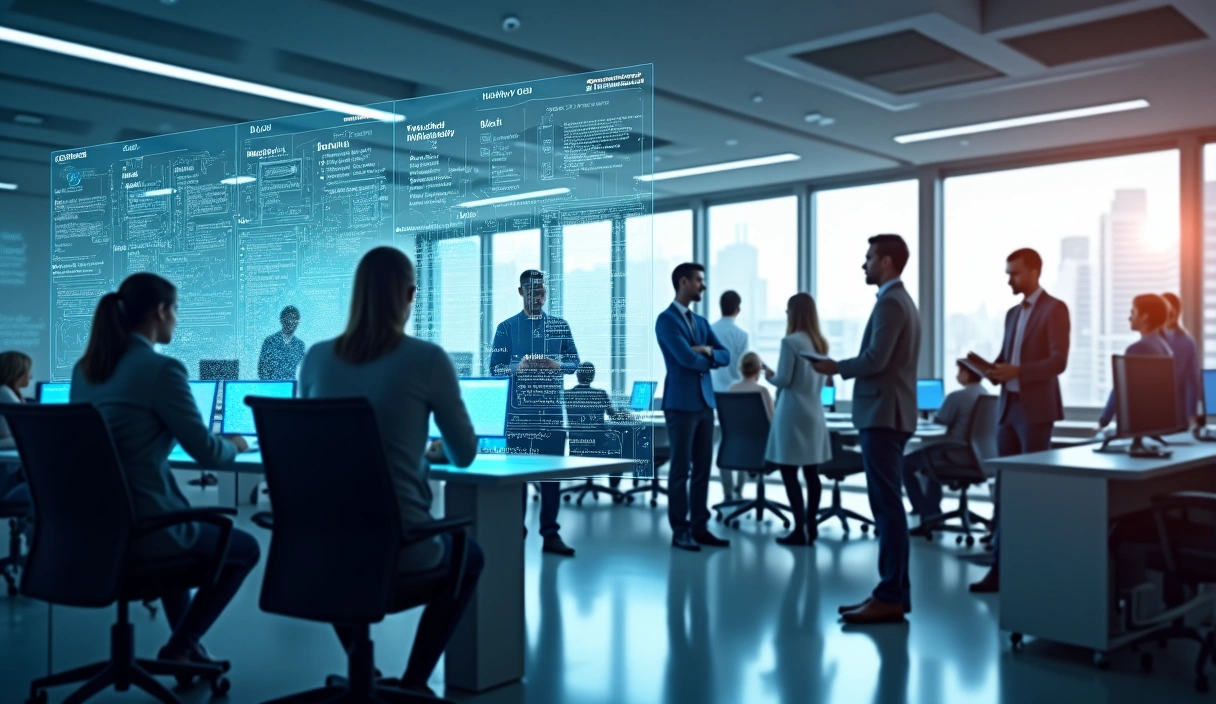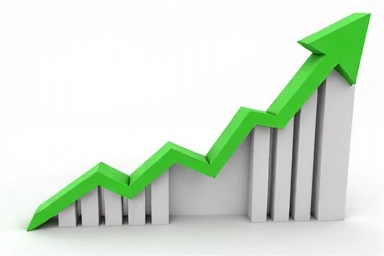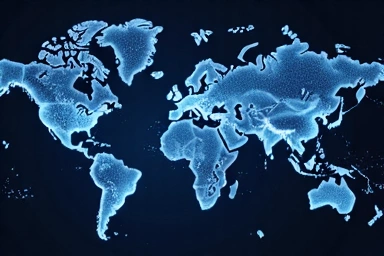Understanding the Latest Economic Trends: A Comprehensive Guide
Published on: October 26, 2023
By: Financial Insights Team
Economic Analysis
The global economy is a complex and ever-evolving landscape, constantly shaped by a myriad of factors ranging from geopolitical events to technological advancements. Staying informed about the latest economic trends is not merely an academic exercise; it is a crucial necessity for individuals, businesses, and policymakers alike. Understanding these shifts allows for better decision-making, strategic planning, and risk mitigation in an increasingly interconnected world.
In recent years, we've witnessed significant turbulence and rapid transformations. The aftermath of global events, coupled with emerging market dynamics, has created a unique set of challenges and opportunities. This article aims to demystify some of the most prominent economic trends currently shaping our financial future, providing a comprehensive overview that can help you navigate these uncertain times.
The Resurgence of Inflation and Central Bank Responses
One of the most talked-about economic phenomena recently has been the persistent rise in inflation across many developed nations. After decades of relative price stability, various factors such as supply chain disruptions, increased consumer demand, and geopolitical conflicts have contributed to upward price pressures. Central banks, in response, have adopted more aggressive monetary policies, including interest rate hikes, to curb inflation.
"Inflation, like a hidden tax, erodes purchasing power and can disproportionately affect those on fixed incomes. Central banks face the delicate task of taming prices without stifling economic growth."
The impact of these policies is far-reaching, influencing everything from mortgage rates to investment returns. Consumers are feeling the pinch of higher prices for everyday goods, while businesses grapple with increased operational costs. Understanding the trajectory of inflation and the likely actions of central banks is paramount for financial planning.
Technological Disruption and the Future of Work
The rapid pace of technological innovation continues to be a dominant force in the global economy. Artificial intelligence (AI), automation, and digitalization are reshaping industries, creating new job categories while rendering others obsolete. This trend presents both immense opportunities for productivity growth and significant challenges related to workforce adaptation and income inequality.
- AI Integration: Businesses are increasingly integrating AI into their operations, from customer service to data analysis, leading to enhanced efficiency.
- Remote Work Revolution: The shift towards remote and hybrid work models has profound implications for urban planning, real estate, and digital infrastructure.
- Gig Economy Expansion: The growth of the gig economy offers flexibility but also raises questions about worker benefits and social safety nets.

Governments and educational institutions are under pressure to equip the workforce with the skills needed for the future, emphasizing continuous learning and adaptability. The digital divide also remains a critical concern, as access to technology and digital literacy can determine economic participation.
Geopolitical Shifts and Trade Dynamics
Geopolitical tensions and shifting alliances are having a tangible impact on global trade and supply chains. The drive towards reshoring and diversifying supply sources reflects a growing desire for economic resilience and reduced dependence on single regions. This reorientation can lead to higher production costs in the short term but aims to create more robust and secure supply networks in the long run.
- Trade Agreements: New bilateral and multilateral trade agreements are being negotiated, altering the landscape of international commerce.
- Resource Security: Nations are prioritizing access to critical resources, including energy and rare earth minerals, influencing foreign policy and investment.
- Regional Blocs: The strengthening of regional economic blocs is fostering intra-regional trade while sometimes creating barriers to extra-regional commerce.
These dynamics require businesses to carefully assess their international strategies, considering potential tariffs, regulatory changes, and political risks. Investment flows are also being redirected, favoring regions perceived as stable and strategically important.
Sustainability and Green Economy Initiatives
The imperative to address climate change and promote environmental sustainability is increasingly influencing economic policy and business practices. The transition to a green economy involves significant investments in renewable energy, sustainable agriculture, and eco-friendly technologies. This shift is creating new industries and job markets, while also posing challenges for traditional sectors dependent on fossil fuels.
Consumers are becoming more conscious of the environmental impact of their purchases, driving demand for sustainable products and services. Companies that embrace ESG (Environmental, Social, and Governance) principles are often viewed more favorably by investors and customers alike. This trend is not just about compliance; it's about competitive advantage and long-term viability.
Conclusion
The current economic landscape is characterized by its dynamism and complexity. From managing inflation and adapting to technological disruption to navigating geopolitical shifts and embracing sustainability, the challenges are significant, but so are the opportunities. By staying informed, embracing adaptability, and making strategic decisions, individuals and organizations can not only survive but thrive in this evolving environment. Continuous learning and a proactive approach will be key to unlocking future success.



